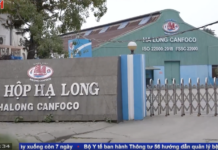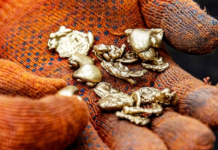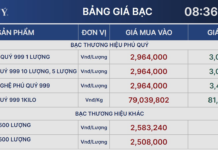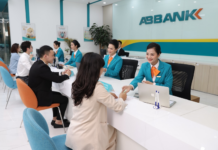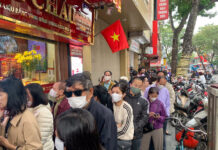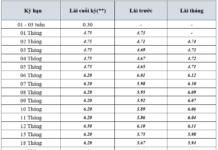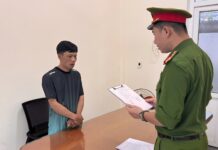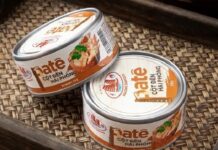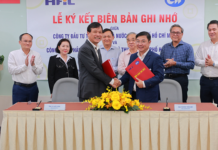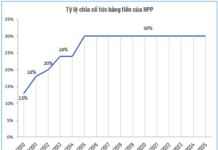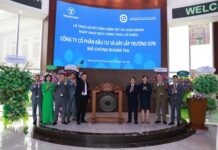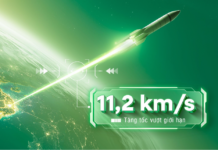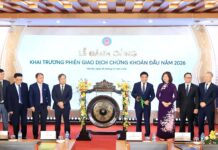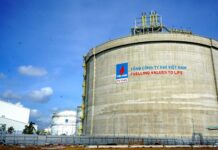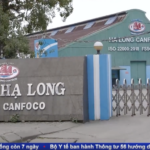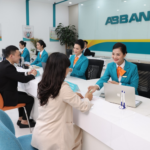The Ministry of Industry and Trade is drafting a decision for the Prime Minister to regulate the import and temporary import of automobiles in the form of gifts, donations, and relocated assets.
According to the Ministry of Industry and Trade, several decisions made by the Prime Minister are currently regulating the automobile management field. These include Decision No. 53/2013/QD-TTg, dated September 13, 2013, on the temporary import, re-export, destruction, and transfer of automobiles and motorbikes for subjects entitled to privileges and immunities in Vietnam. There is also Decision No. 14/2021/QD-TTg, dated March 26, 2021, which amends and supplements several articles of Decision 53.
Imported automobiles, whether for commercial or non-commercial purposes, are subject to road traffic and must be warranted and maintained according to the manufacturer’s standards by authorized warranty and maintenance facilities in Vietnam. They must also comply with the country’s technical safety and environmental protection regulations.
Automobile imports are currently governed by Decree No. 116/2017/ND-CP, dated October 17, 2017, which sets forth conditions for automobile manufacturing, assembly, import, and business warranty and maintenance services. Article 2, Clause 2 of Decree 116 stipulates that “the business conditions prescribed in this Decree shall not apply to organizations and individuals engaged in the production, assembly, or import of automobiles for the following purposes: serving national defense and security purposes as per plans approved by the Prime Minister; temporary imports for subjects entitled to privileges and immunities shall be governed by separate regulations of the Government or the Prime Minister.
This includes gifts, donations, relocated assets, foreign aid, scientific research, specific purposes decided by the Prime Minister, temporary imports for re-export, temporary exports for re-import, transshipment, foreign warehouse storage, transit, non-participation in public road traffic, and operation within a narrow scope. It also includes specialized automobiles, specialized passenger cars, and specialized cargo cars as defined in TCVN 6211: Road Vehicles – Types – Terms and Definitions, and TCVN 7271: Road Vehicles – Automobiles – Classification by Purpose.”
As a result, businesses that do not meet the conditions stipulated in Decree 116 may still import regulated goods for business purposes, effectively bypassing the automobile import management measures set out in this decree.
According to the Ministry of Industry and Trade, non-commercially imported automobiles are mainly focused on those imported as gifts and donations. Import licensing helps customs authorities monitor and manage the import of cars by each enterprise in the form of gifts and donations.
Restricting the number of cars imported as gifts and donations and tightening control over organizations and individuals importing automobiles as relocated assets into Vietnam is necessary. This prevents cases of exploiting organizations and individuals relocating their workplaces, places of business, or study to Vietnam and bringing their relocated assets for business purposes.
Implementing management measures for non-commercially imported automobiles aims to curb the sudden surge in imported automobile volume. This is because such goods are not encouraged for import and to prevent fraud and evasion of the regulations set out in Decree No. 116 regarding the import of automobiles for business purposes. Import management policies should be applied consistently and comprehensively from the perspective of managing automobile commodities, regardless of whether they are imported for commercial or non-commercial purposes.
According to the Ministry of Industry and Trade, issuing a decision to regulate the import and temporary import of automobiles in the form of gifts, donations, and relocated assets is an appropriate and necessary solution.
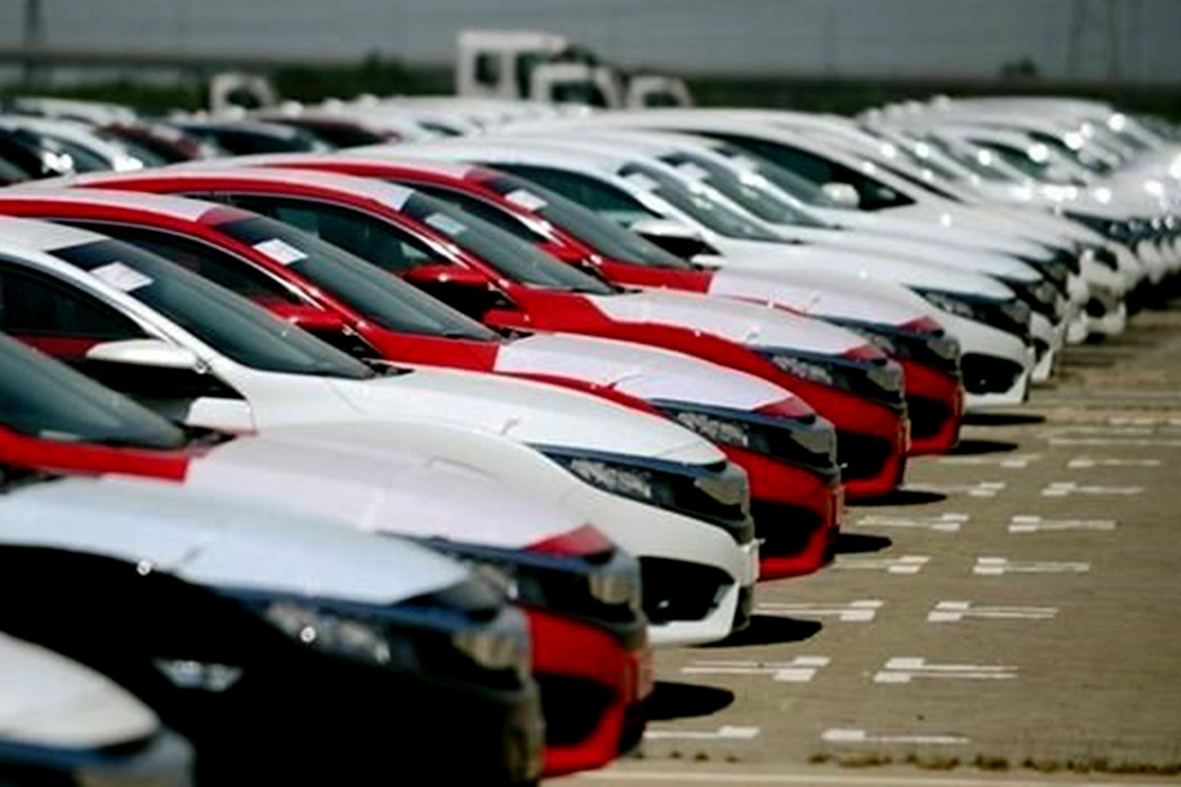
The Ministry of Industry and Trade proposes regulating the import and temporary import of automobiles in the form of gifts, donations, and relocated assets
|
The draft proposes conditions for importing non-commercial automobiles (including cars as gifts, donations, and relocated assets) that will participate in public road traffic.
The import conditions do not apply to non-commercially imported automobiles for scientific research, product development research, repair, warranty and maintenance, or internal use by related agencies and organizations. They also do not apply to sample cars that do not participate in traffic.
General regulations on importing and temporarily importing automobiles in the form of gifts, donations, and relocated assets
According to the draft, non-commercially imported automobiles must belong to a type, brand, and manufacturer granted an Automobile Import Business License as per Decree No. 116, which stipulates conditions for automobile production, assembly, import, and business warranty and maintenance services.
Non-commercially imported automobiles must be imported through enterprises granted an Automobile Import Business License under Decree 116. Organizations and individuals importing automobiles in the form of gifts, donations, or relocated assets must authorize enterprises with an Automobile Import Business License to carry out the import process.
In the case of importing or temporarily importing used automobiles, the regulations of foreign trade management law must be followed.
The Ministry of Industry and Trade states that this management measure effectively limits the import and temporary import of used automobiles to ensure technical safety, environmental protection, and traffic safety. Imported and temporarily imported automobiles, regardless of commercial or non-commercial purposes, must be warranted and maintained according to the manufacturer’s standards by authorized warranty and maintenance facilities in Vietnam. They must also comply with the country’s technical safety and environmental protection regulations.
Additionally, when organizations and individuals import or temporarily import automobiles in the form of gifts, donations, or relocated assets by authorizing enterprises with an Automobile Import Business License under Decree 116, the process will be faster and more transparent. This is because these enterprises are familiar with the procedures for importing and temporarily importing vehicles.
To ensure effective management and policy coherence regarding automobile commodities, the Ministry of Industry and Trade proposes applying the provisions on importing and temporarily importing non-commercial automobiles similarly to those stipulated in Decree 116. Simultaneously, the Ministry suggests that the import and temporary import of automobiles as gifts, donations, or relocated assets should only be conducted through commercial importers licensed under Decree 116. Automobiles temporarily imported as relocated assets shall be governed by foreign trade management regulations.
To ensure effective management, policy coherence regarding automobile commodities, and promote the development of the domestic automobile manufacturing industry, the import and temporary import of automobiles in the form of gifts, donations, or relocated assets should be conducted through licensed automobile importers under Decree 116. Therefore, there will be no delegation or devolution of authority regarding this matter.
File requirements for importing non-commercial automobiles
According to the draft, in addition to the import dossier prescribed by the Law on Customs, importing enterprises must provide documents proving that the imported automobiles are in the form of gifts, donations, or relocated assets. They must also submit documents authorizing the importing enterprise to perform the import process on behalf of the organization or individual.
The Ministry of Industry and Trade states that these document requirements serve the customs authorities in the clearance process to determine the purpose of importing or temporarily importing automobiles and identify the authorized importing enterprises. This approach does not restrict the importing rights or quantities of enterprises while contributing to enhancing the efficiency and effectiveness of state management and statistical work regarding the volume of non-commercially imported automobiles.

